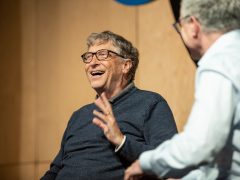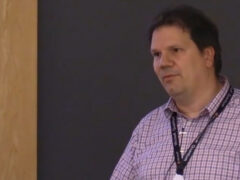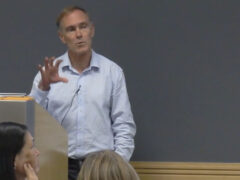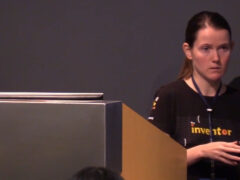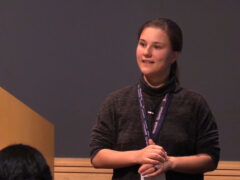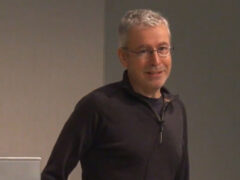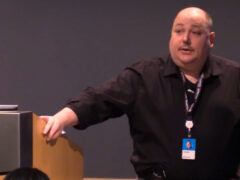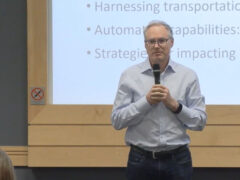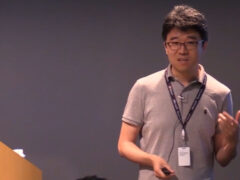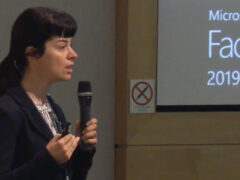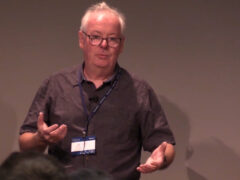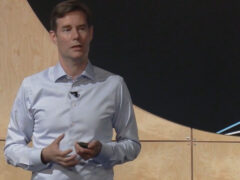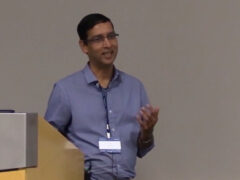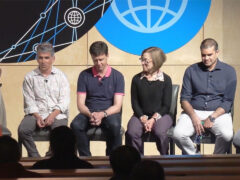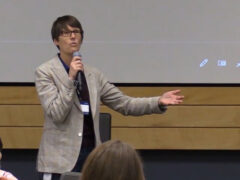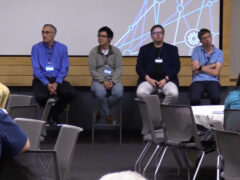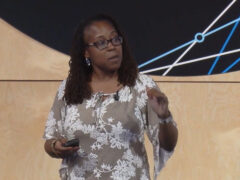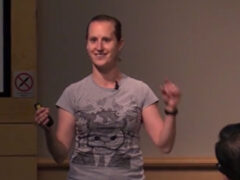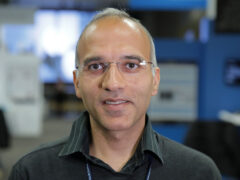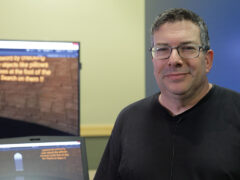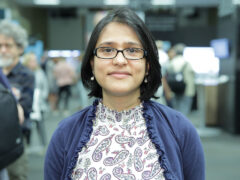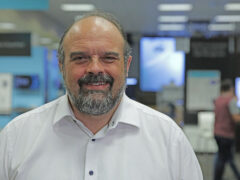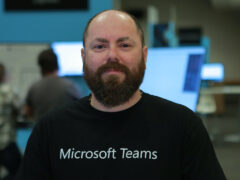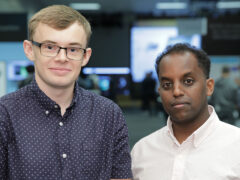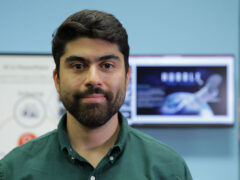Specialized Computing in the Cloud
- Martha Kim, Thomas Wenisch, and Adrian Caulfield | Columbia University, University of Michigan, Microsoft Research
The slowing and eventual ending of Moore’s Law will dramatically impact datacenter operators, who have long depended on steady advances in server performance and efficiency to make improved services economically viable. Specialization in the form of hardware accelerators (e.g., FPGAs, GPGPUs, and ASICs) can overcome performance and energy limitations but introduce challenging problems at scale, such as cost, flexibility, programmability, and the need to gracefully integrate with existing software stacks. This session will invite experts within Microsoft Research and the external research community to discuss challenges and opportunities for specialization in the cloud.
Speaker Details
Martha Kim is an Assistant Professor of Computer Science at Columbia University where she leads the ARCADE Lab. Kim’s research interests are in computer architecture, parallel programming, compilers, and low-power computing. Her work has explored low-cost chip manufacturing systems, reconfigurable communication networks, and fine-grained parallel application profiling techniques. Her current research focuses on hardware and software techniques to improve the usability of hardware accelerators as well as data-centric accelerator design. Kim holds a PhD in Computer Science and Engineering from the University of Washington and a bachelors in Computer Science from Harvard University. She is the recipient of the 2013 Rodriguez Family Award in recognition of the research achievements of underrepresented junior faculty and a 2013 NSF CAREER award.
Thomas Wenisch is the Morris Wellman Faculty Development Assistant Professor of Computer Science and Engineering at the University of Michigan, specializing in computer architecture. Tom’s prior research includes memory streaming for commercial server applications, store-wait-free multiprocessor memory systems, memory disaggregation, and rigorous sampling-based performance evaluation methodologies. His ongoing work focuses on computational sprinting, data center architecture, energy-efficient server design, and multi-core / multiprocessor memory systems. Tom received an NSF CAREER award in 2009, two papers selected in IEEE Micro Top Picks, and Best Paper Awards at HPCA 2012 and ISPASS 2012. Prior to his academic career, Tom was a software developer at American Power Conversion, where he worked on data center thermal topology estimation. He is co-inventor on six patents. Tom received his Ph.D. in Electrical and Computer Engineering from Carnegie Mellon University.
Thomas Wenisch is an Associate Professor of Computer Science and Engineering at the University of Michigan, specializing in computer architecture. His prior research includes memory streaming for commercial server applications, store-wait-free multiprocessor memory systems, memory disaggregation, and rigorous sampling-based performance evaluation methodologies. His ongoing work focuses on computational sprinting, data center architecture, energy-efficient server design, and multi-core / multiprocessor memory systems. Wenisch received the NSF CAREER award in 2009. Prior to his academic career, Wenisch was a software developer at American Power Conversion, where he worked on data center thermal topology estimation. He received his Ph.D. in Electrical and Computer Engineering from Carnegie Mellon University.
-
-
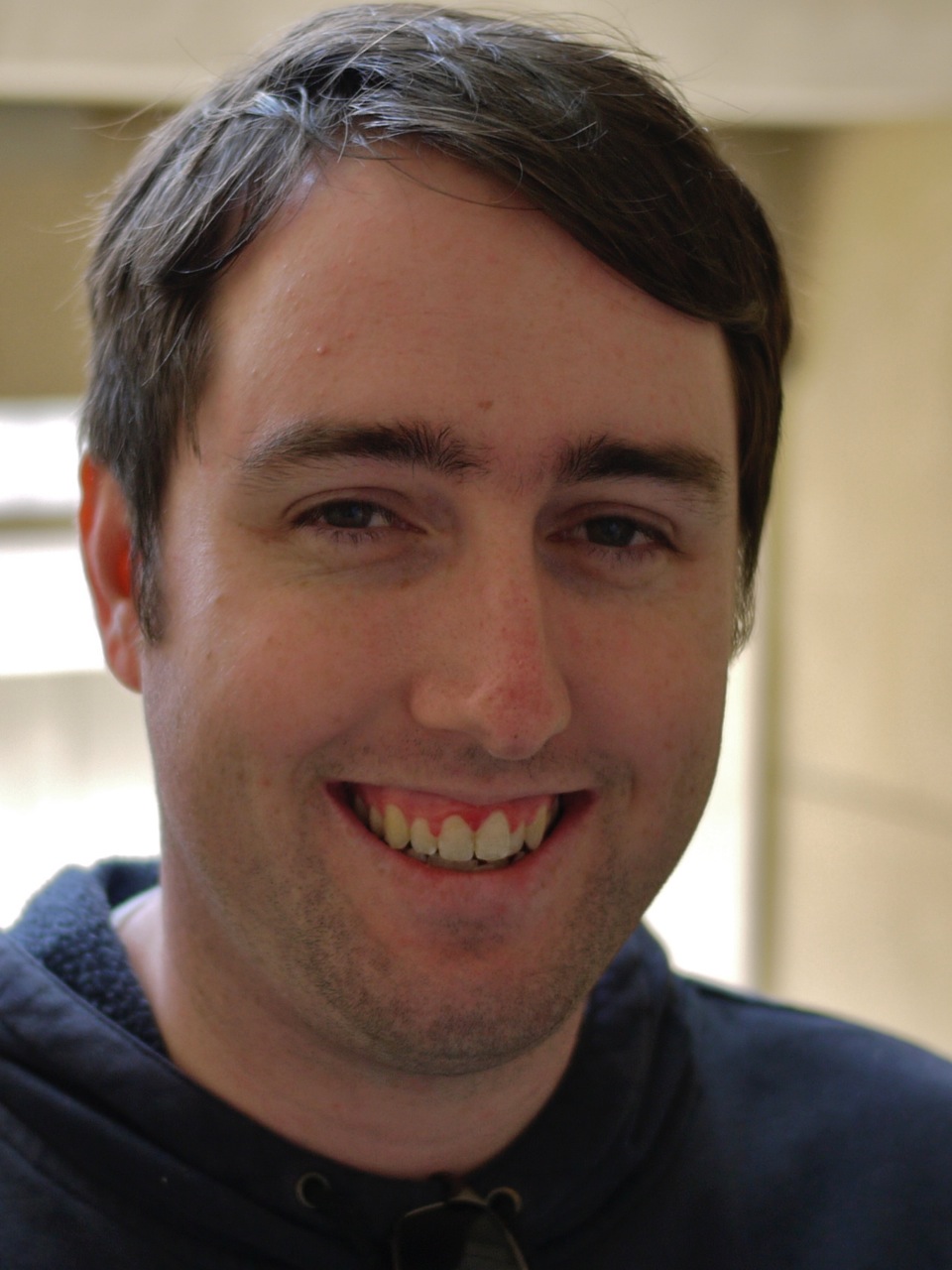
Adrian Caulfield
Partner Engineering Manager
-
Jeff Running
-
Series: Microsoft Research Faculty Summit
-
-
-
Cars, Computing and the Future of Work: Specific topics of mutual interest
- Linda Boyle,
- Ed Doran,
- John Lee
-
-
-
Crowd, Cloud and the Future of Work: Updates from human AI computation
- Pietro Michelucci,
- Lucy Fortson,
- Franco Pestilli
-
-
Cars, Computing and the Future of Work: A UW & MSR Workshop: Welcome and Overview of Projects
- Linda Boyle,
- Ed Doran,
- Eric Horvitz
-
-
Crowd, Cloud and the Future of Work: Welcome and Updates
- Besmira Nushi,
- Ece Kamar,
- Kori Inkpen
-
Empowering People to Achieve More: How Useful a Concept is Productivity?
- Brendan Murphy,
- Yvonne Rogers,
- Steve Whittaker
-
Keynote - The Future of Work And the Power of Data
- Johannes Gehrke
-
Productivity in Software Development
- Neel Sundaresan,
- Margaret-Anne Storey,
- Prem Kumar Devanbu
-
Artificial Emotional Intelligence, Social Systems, and the Future of Collaboration
- Mary Czerwinski,
- Mark Ackerman,
- Gloria Mark
-
Workers of the World, Connect! Tech Innovations and Organizational Change for the Future of Work(ers)
- Mary Gray,
- Jamie Woodcock,
- Louise Hickman
-
Increasing AI Programmer Productivity
- Markus Weimer,
- Sarah Bird,
- Ce Zhang
-
Human-AI Collaboration for Decision-Making
- Besmira Nushi,
- Ayanna Howard,
- Jon Kleinberg
-
Future of Spreadsheeting
- Ben Zorn,
- Felienne Hermans,
- Daniel Barowy
-
Program Synthesis meets Notebooks
- Sumit Gulwani
-
Accessible Virtual Reality
- Eyal Ofek
-
Calendar.help: A Virtual Meeting Scheduling Assistant
- Pamela Bhattacharya
-
Visual Studio IntelliCode
- Mark Wilson-Thomas
-
Microsoft Teams: Collaborate with Any Researcher Anywhere
- Jethro Seghers
-
Project Alava: Programming Webs of Microcontrollers
- James Devine,
- Teddy Seyed
-
AI in PowerPoint
- Kostas Seleskerov

